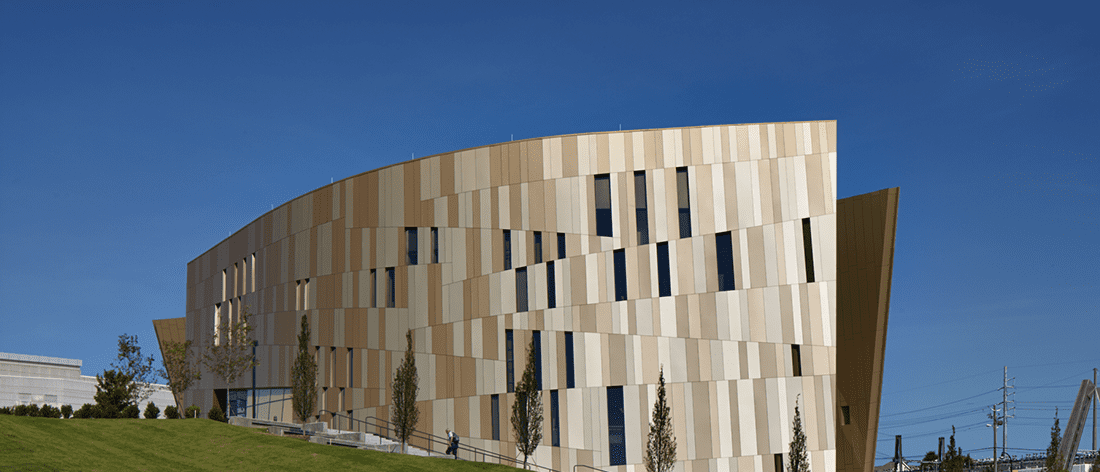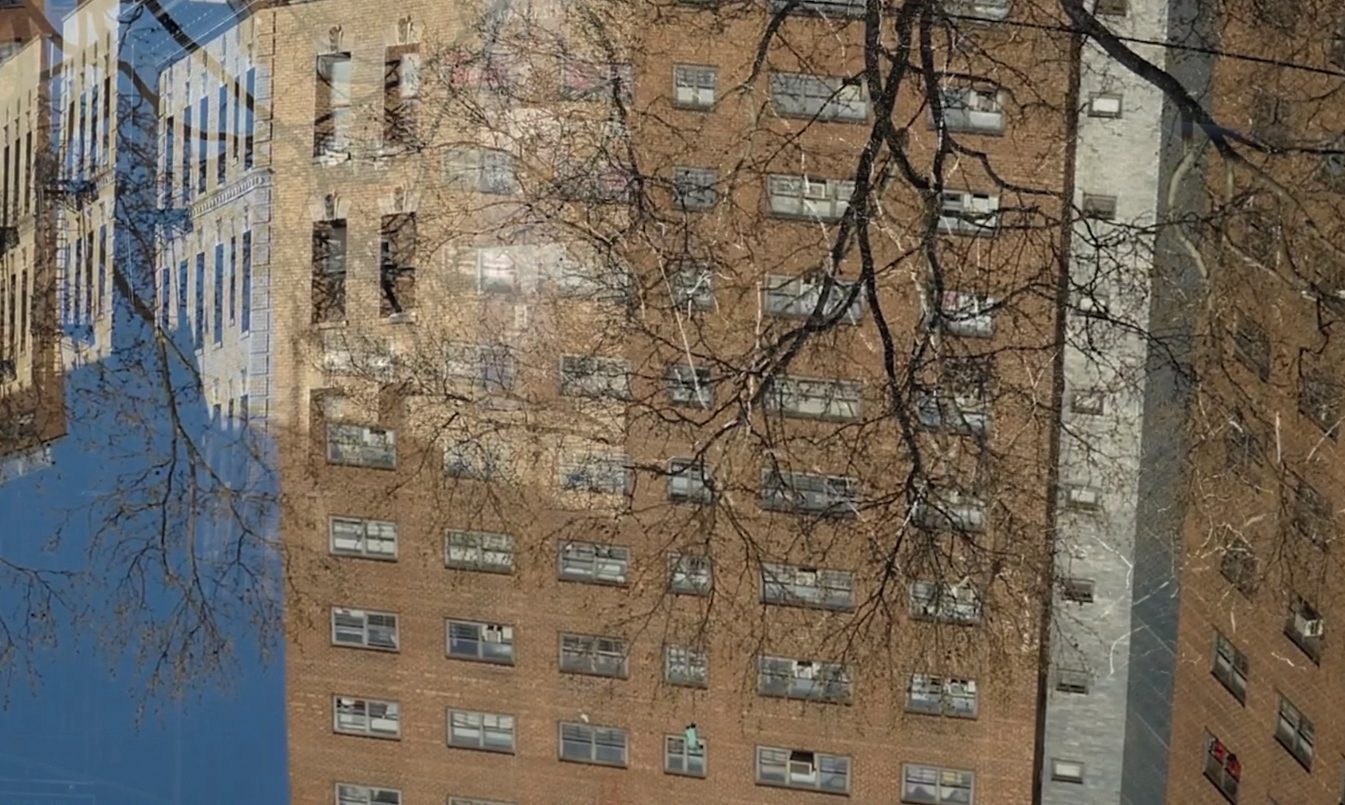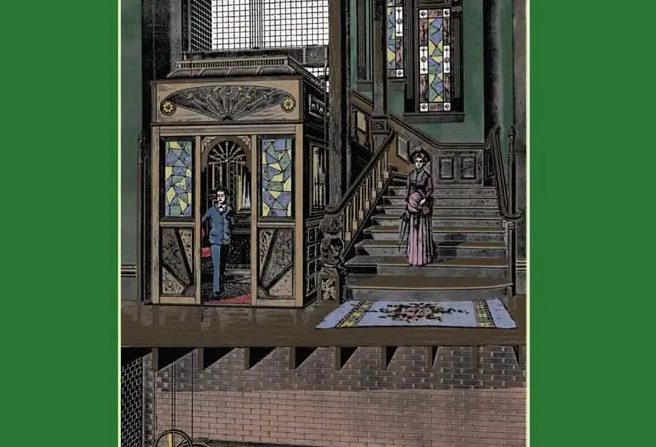Applied Critical History

Applied Critical History extends the role of history beyond the classroom, engaging fundamental issues of cultural significance via new critical interpretations and speculative design proposals. Courses such as Architectural History Criticism Methods, Landscapes of Peacebuilding, and Brace New Worlds: Utopian Thinking in Urban Planning offer in-depth explorations of these topics. Students can participate in the School’s semester-long Rome program, which explores both ancient and modern architectural history. Graduate students will also have the option to develop further knowledge via the forthcoming M.S. in Architecture – Critical Heritage degree in partnership with Geography and Public History.
APPLIED CRITICAL HISTORY | EXAMPLES
Phil Freelon “Container/Contained”
This series of exhibitions by Emily Makas and Greg Snyder critically examines Freelon’s work, including museums, libraries, cultural centers, public parks, and educational buildings.
Read more about the Freelon exhibition →
Political Postmodernism
The publication by Lidia Kein argues that postmodern architecture can be radically rethought by examining its manifestations in Chile and Poland in the 1970s and 1980s.
Read more about Political Postmodernism →
Material Cultures of the Global Eighteenth Century: Art, Mobility, and Change. The edit volume will include a chapter by Matthew Gin. Based on previously unknown archival material, Gin reconstructs the technical and administrative systems that facilitated the reuse of temporary festival decorations in eighteenth-century Paris.
Read more at 18th Century Material Culture →
Peer Reviewed Research Award
In 2021 Jeff Balmer received the Outstanding Peer-Reviewed Research Award for “Best Paper” from the Association of Collegiate Schools of Architecture.
Read more about Balmer’s research →
Linear City
This video by Thomas Forget is an essay on the grid of New York City, and it is part of a video essay series on different aspects of the city (another submission to this award addresses the Subway).
Read more about the Linear City →
A History of Passanger Elevator
The publication by Lee Gray focuses on the history of technological development as well as its impact on office building planning and use patterns, and its social impact and cultural assimilation.
Read more about elevator research →





